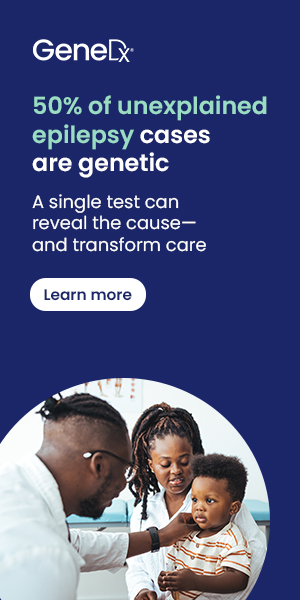Emma Searle, PhD, The Christie NHS Foundation Trust and University of Manchester, discusses bleximenib in combination with chemotherapy to treat patients with acute myeloid leukemia (AML).
AML is a group of neoplasms arising from precursor cells committed to the myeloid cell-line differentiation. AML is characterized by clonal expansion of myeloid blasts. Common symptoms include fever, pallor, anemia, hemorrhages and recurrent infections.
This clinical trial is a phase 1b, multicenter, dose-finding study. The purpose of this study was to evaluate the safety and efficacy of combination therapy bleximenib with intensive chemotherapy for AML. Bleximenib is a potent, selective menin-KMT2A complex inhibitor shown to have effects in NPM1-mutated or KMT2A-rearranged AML.
Twenty-two patients received bleximenib across dose levels in combination with intensive chemotherapy. In the study, 95% of patients experienced one or more treatment-emergent adverse event (AE). The most common AEs included diarrhea, thrombocytopenia, febrile neutropenia, pyrexia, anemia, and nausea. Only 18% of AEs were attributed to bleximenib alone. Further, 95% of patients experienced treatment-emergent AEs grade three or greater but only 14% being caused by bleximenib alone. No differentiation syndrome or dose-limiting toxicities occurred.
In those who achieved initial blast clearance, median time from day one of induction to platelet count recovery was 32 days. Additionally, the median time to neutrophil count recovery was 32 days.
Efficacy data was recorded in 14 patients, in which overall response rate was 93% (83% in patients with KMT2Ar AML and 100% in patients with NPM1m AML). The median time to complete response was 30 days.
For more information, click here.
For more information on AML and other rare blood cancers, visit https://checkrare.com/diseases/hematologic-disorders/


